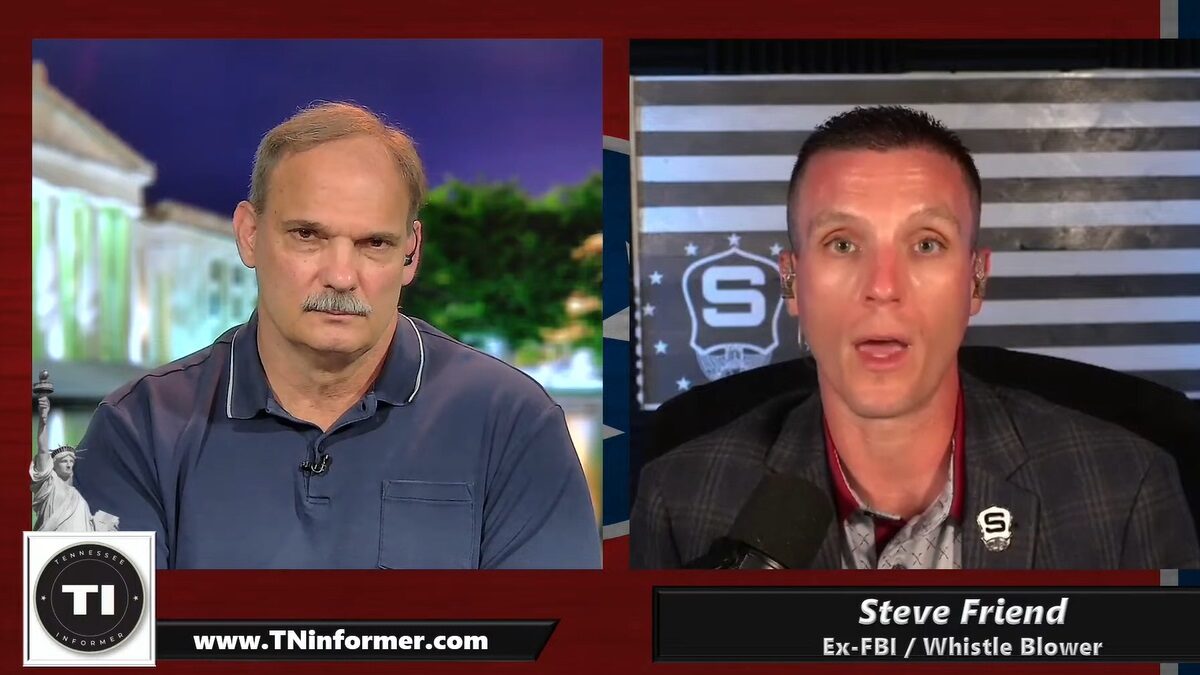Deputy Attorney General Rod Rosenstein denied under oath he had threatened to subpoena congressional aides’ communications, but a DOJ spokesman had already admitted that was true in statements to multiple news outlets, claiming it was justified.
“Rosenstein threatened to ‘subpoena’ GOP-led committee in ‘chilling’ clash over records, emails show,” reported Catherine Herridge at Fox News. She quoted from multiple e-mails congressional staff sent to the House of Representatives’ Office of General Counsel after a January 2018 meeting with Rosenstein:
‘The DAG [Deputy Attorney General Rosenstein] criticized the Committee for sending our requests in writing and was further critical of the Committee’s request to have DOJ/FBI do the same when responding,’ the committee’s then-senior counsel for counterterrorism Kash Patel wrote to the House Office of General Counsel. ‘Going so far as to say that if the Committee likes being litigators, then ‘we [DOJ] too [are] litigators, and we will subpoena your records and your emails,’ referring to HPSCI [House Permanent Select Committee on Intelligence] and Congress overall.’
A second House committee staffer at the meeting backed up Patel’s account, writing: ‘Let me just add that watching the Deputy Attorney General launch a sustained personal attack against a congressional staffer in retaliation for vigorous oversight was astonishing and disheartening. … Also, having the nation’s #1 (for these matters) law enforcement officer threaten to ‘subpoena your calls and emails’ was downright chilling.’
The Department of Justice confirmed that Rosenstein “put them on notice to retain relevant emails and text messages, and he hopes they did so.” The Justice spokesperson said Rosenstein “never threatened anyone in the room with a criminal investigation,” which hadn’t been claimed, but that the “Deputy Attorney General was making the point—after being threatened with contempt—that as an American citizen charged with the offense of contempt of Congress, he would have the right to defend himself, including requesting production of relevant emails and text messages and calling them as witnesses to demonstrate that their allegations are false.”
Yet in sworn testimony before a congressional committee on June 28, Rosenstein denied that he had ever threatened to obtain the internal e-mails and communications of congressional staffers.
When Rosenstein was asked by Rep. Jim Jordan (R-Ohio) if he had threatened to subpoena congressional aides’ text and phone records, as had been reported, Rosenstein replied “No, sir,” and claimed that media reports about his threats were mistaken.
Jordan: Mr. Rosenstein, did you threaten staffers on the House Intelligence Committee? Media reports indicate you did.
Rosenstein: Media reports are mistaken.
Jordan: Sometimes. But this is what they said: ‘Having the nation’s #1 law enforcement officer threaten to subpoena your calls and e-mails is downright chilling.’ Did you threaten to subpoena their calls and emails?
Rosenstein: No, sir, and there is no way to subpoena phone calls.
Jordan: Well I’m just saying, I’m reading what press said.
Rosenstein: I’d suggest you not rely on what the press said, sir.
The media praised Rosenstein for his handling of Jordan’s question, particularly his pedantic claim that phone calls can’t be subpoenaed, which elicited laughter from the gallery. It was obvious that Rosenstein was familiar with the media report his office confirmed, if spun to be less disconcerting, and that the term phone call was a reference to phone records, which are frequently subpoenaed or otherwise obtained by law enforcement authorities.
Liberal journalists such as the Washington Post‘s Aaron Blake claimed that “Rod Rosenstein shuts down Jim Jordan over Fox News report,” writing that “On Thursday, Jordan again found himself getting shut down by one of the embattled leaders of the Justice Department — this time in somewhat embarrassing fashion.”
Blake and other reporters appeared unaware that Rosenstein’s denial that he threatened to obtain internal congressional communications was at odds with the official DOJ statements provided to Fox News and CNN that admitted Rosenstein had told congressional staff that he would seek to obtain their e-mails and other records if Congress voted to hold him in contempt for refusing to comply with congressional subpoenas.








